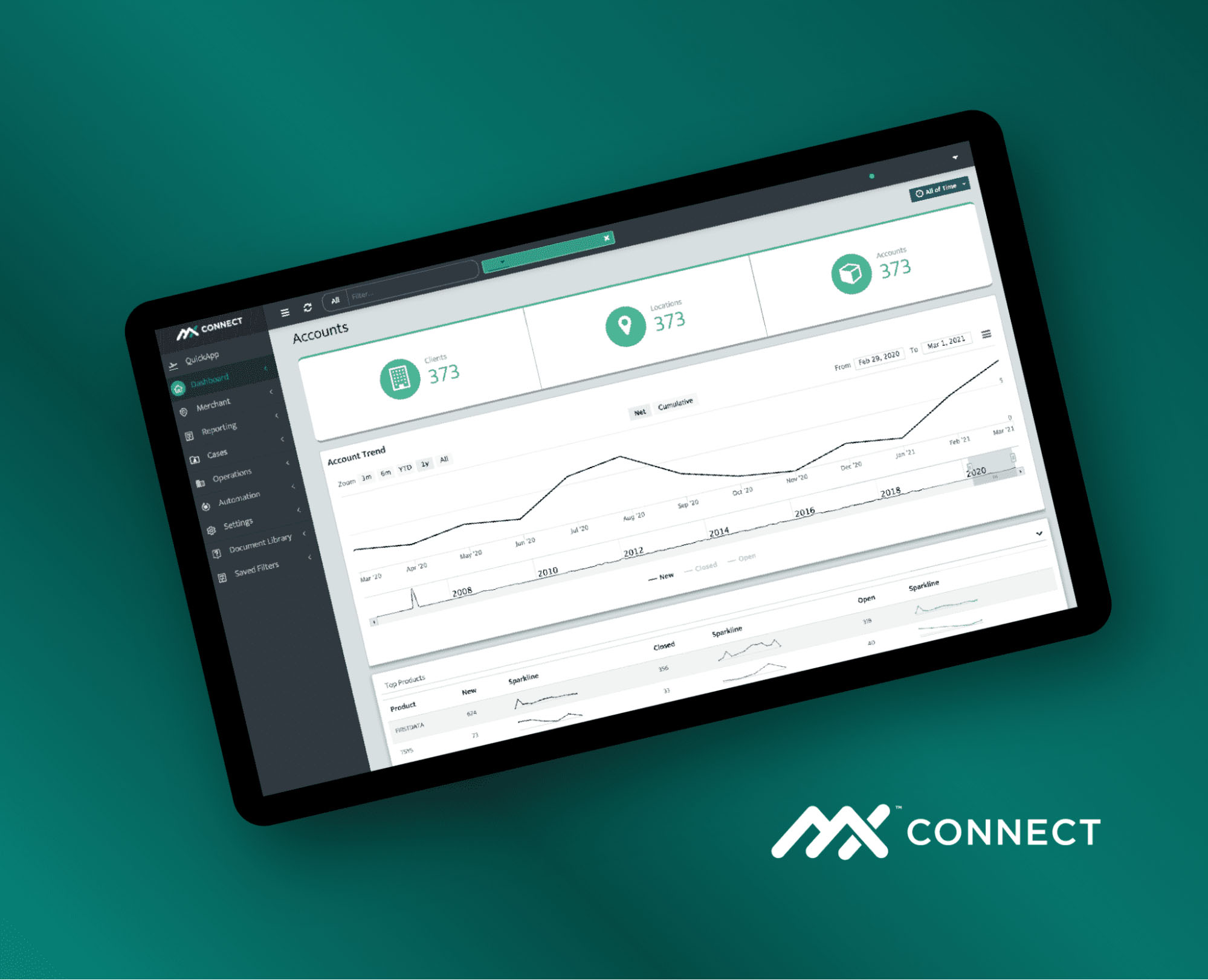50% reduction in system maintenance
With Elastic Cloud, Priority has cut platform maintenance in half, freeing up critical IT resources for innovation.
80 new features launched monthly
Priority uses Elastic Observability to accelerate the release of innovative payments services fueled by faster testing and development cycles.
Accelerates integration of systems from acquired businesses
Onboarding observability systems from acquired businesses is faster and less expensive with Elastic.
By migrating to Elastic Cloud, payments fintech Priority has streamlined operations, slashed costs, and accelerated new product delivery, setting the stage for fintech innovation.
Priority plays a unique role in the fintech sector. Unlike traditional payment processors, it offers businesses a unified platform for collecting, storing, lending, and sending money. The company uses Elastic to deliver these "one-stop" payment services at scale, accelerate transactions, and provide new revenue opportunities for a rapidly expanding client base.
Operating in a highly regulated and intensely competitive environment, Priority has built a culture of rapid innovation and frequent feature delivery that keeps it ahead of the competition. Busy development teams manage more than 40 applications, adding up to 80 new features every month. In recent years, Priority has also acquired several payments businesses, expanding its platform to include payroll, bill pay, and benefits functions.

As the company grew, its on-premises IT infrastructure became increasingly expensive to maintain. For example, the business relied on several observability systems such as New Relic for troubleshooting and monitoring, requiring in-house training and adding to licensing costs. Scaling to meet the demands of a fast-growing customer base also became a challenge. Larry Engleman, VP of infrastructure and operations at Priority, says, "We needed to unify and streamline our IT architecture in the same way that we simplify and streamline payments for customers."
Consolidation through cloud migration
Engleman and his team drew up a modernization roadmap, including a migration from a predominantly on-premises architecture to the company's preferred AWS Cloud environment. This roadmap included the deployment of Elastic Cloud, as well as Elastic Observability and Elasticsearch, built on Elastic's Search AI Platform.
With Elastic Observability, the operations team can now monitor and manage multiple systems from a "single pane of glass," removing the need to train or hire system specialists. When onboarding new acquisitions, Priority can now establish observability and support processes in weeks rather than months, ensuring seamless service in an industry where any downtime is unacceptable. Priority was also able to retire its New Relic and Splunk solutions, significantly reducing software costs.
Elasticsearch also plays a critical role, particularly in retrieving data from MX™ Connect, Priority's solution for automating and streamlining merchant enrollment. With more than 70TB of data stored in MX™ Connect, partners and resellers can efficiently retrieve relevant information to manage merchant relationships and support financial reporting.

Scalability matters here, too. Essentially, MX™ Connect functions as a data warehouse. The ability to scale rapidly allows Priority to handle substantial increases in transaction volumes and generate critical reports from MX™ Connect — information that partners and resellers use to promote effective cross-sales.
"Elastic enables us to scale at lightning speed. Adapting swiftly to unpredictable fluctuations in customer demand gives us a critical business advantage."
Boosting efficiency and innovation
Since completing its Elastic Cloud migration, Priority has seen a significant boost in performance across its operations. Maintenance effort for the Elastic platform has dropped by half thanks to partnering with the Elastic Consulting team to ensure best practices were implemented. Engleman cites the example of a recent Elastic upgrade, which was completed in one week with minimal disruption instead of requiring extensive planning and weeks of scripting on-premises.
On another occasion, Engleman and his team spun up an Elastic cluster for regression testing in just one hour. In this highly scalable environment, the business can respond at lightning speed to urgent strategic requests as well as customer demands for additional capacity at short notice.
Moreover, Elastic Cloud has opened up new opportunities for development and innovation. Priority can now create testing and development environments at a pace that matches its ambitions, enabling faster feature delivery and more robust applications. Most recently, it launched Ambient, a platform designed to simplify the administration and payment processing of Individual Coverage Health Reimbursement Arrangements (ICHRAs).
At the business level, these changes are unlocking broader strategic goals. Priority is accelerating its migration to AWS and expects to become a primarily cloud-first organization within 18 months. With the ability to scale horizontally at a moment's notice, the company is better positioned to handle spikes in transaction volume, expand internationally, and prepare for the next wave of payments innovation, particularly the growing role of AI in security and customer personalization.